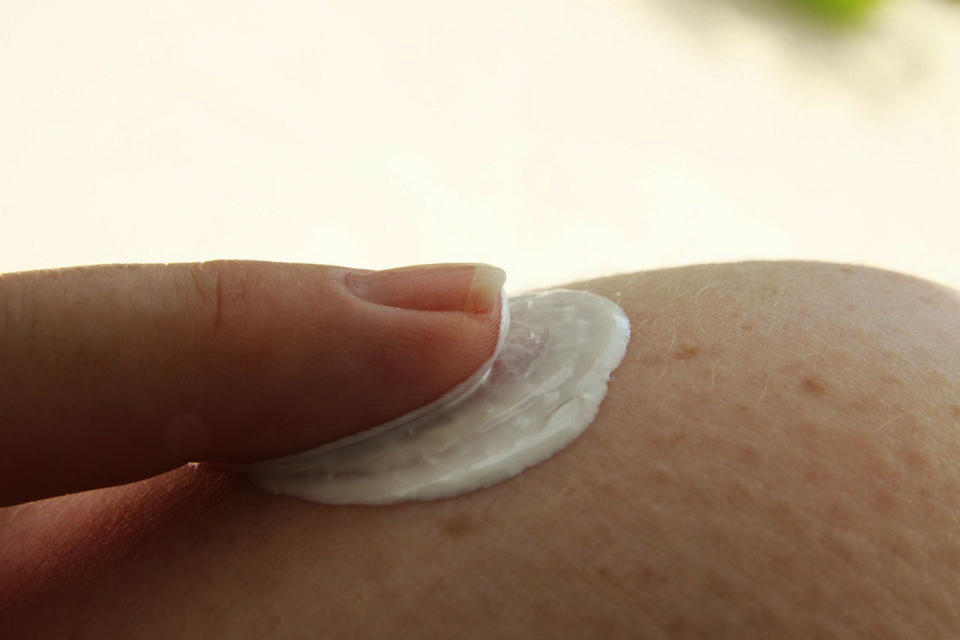Not all chemicals are toxic: Here are four that are safe

The word ‘chemicals’ – by definition a neutral term – often brings to mind notions of toxicity and unpleasantness in many people’s minds. But are chemicals necessarily harmful to humans?
Many store-bought foods contain chemicals that are added to prevent spoilage, enhance taste or boost nutritional value. Many of these also help to improve texture and appearance – while also being safe for consumption or topical use.
As the Food and Drug Administration of the United States assures on its website, “Food and color additives are strictly studied, regulated and monitored… all additives are subject to ongoing safety review as scientific understanding and methods of testing continue to improve. Consumers should feel safe about the foods they eat.”
According to the Centre for Science in the Public Interest in the US, the following scary-sounding food additives are safe for consumption:

Sodium carboxymethyl-cellulose. This additive has thickening and stabilising properties and prevents sugar from crystallising. It is used in a variety of foods, from ice cream and beer, to diet foods and candy.

Thiamine mononitrate. This is a form of Vitamin B1 and is used to fortify cereals and flour. Thiamine is essential for the metabolism of carbohydrates.
Skincare chemicals that are safe for topical use
In the past, some chemicals added to personal care items such as skin creams and cosmetics have been associated with health problems such as allergies, respiratory distress and an increased risk of cancer.
While studies have found some of these chemicals to be toxic, there are many which are safe to use, including:

Zinc oxide: This is highly effective in protecting the skin against sun damage, which is why it is the main ingredient in sun block creams and lotions. Zinc oxide provides protection against UVA and UVB ultraviolet rays. It is also effective for the relief of skin rashes.

Retinol: This is a form of Vitamin A and is best known for its anti-ageing properties. In fact, it is described as the gold standard among anti-ageing products. Retinol helps to reduce the appearance of wrinkles, fine lines, age spots and large pores. It also helps with acne and eczema.
Other articles by the author:


